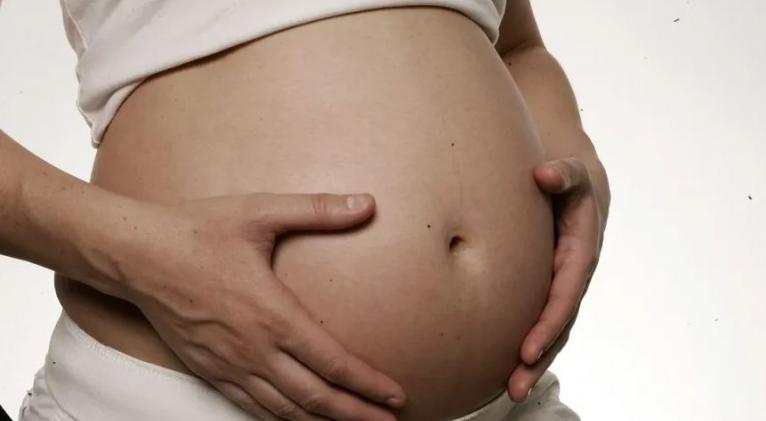
Spain, Jan 18. - A study led by the Autonomous University of Barcelona (UAB, by its acronym in Spanish) has shown that 94% of the gray matter in the brain of mothers, especially in areas linked to social cognition, is modified during and after pregnancy as a result of hormonal changes inherent to gestation.
Published in the journal 'Nature Communications', the study has distinguished the biological effects of pregnancy from those caused by the experience of motherhood thanks to the inclusion, for the first time, of a group of non-pregnant mothers, couples of those who do carry the child in their womb, as reported by the university in a statement.
This double analysis has allowed the research team led by Camila Servin-Barthet and Magdalena Martínez-García to discover that the change in gray matter is associated with the fluctuations of two hormones that increase exponentially during the gestation process and return to their normal levels after delivery.
Follow-up one year after birth
The brains of the 179 women who participated in the study were analyzed by magnetic resonance imaging during the second and third trimester of pregnancy, as well as a follow-up half a year after the birth of the child.
The team also discovered that the volume of gray matter in the brain of first-time mothers is reduced by almost 5% during pregnancy, a loss that is partially recovered after delivery.
In addition, the study has also linked that those mothers with greater gray matter recovery after delivery reported a stronger bond with their child six months after birth.
This work, which has received funding of 972,414 euros from ´´la Caixa´´ Foundation, represents a crucial advance in the knowledge of the maternal brain by establishing a scientific basis for future studies on neuroimaging and maternal mental health. (Text and Photo: Cubasí)